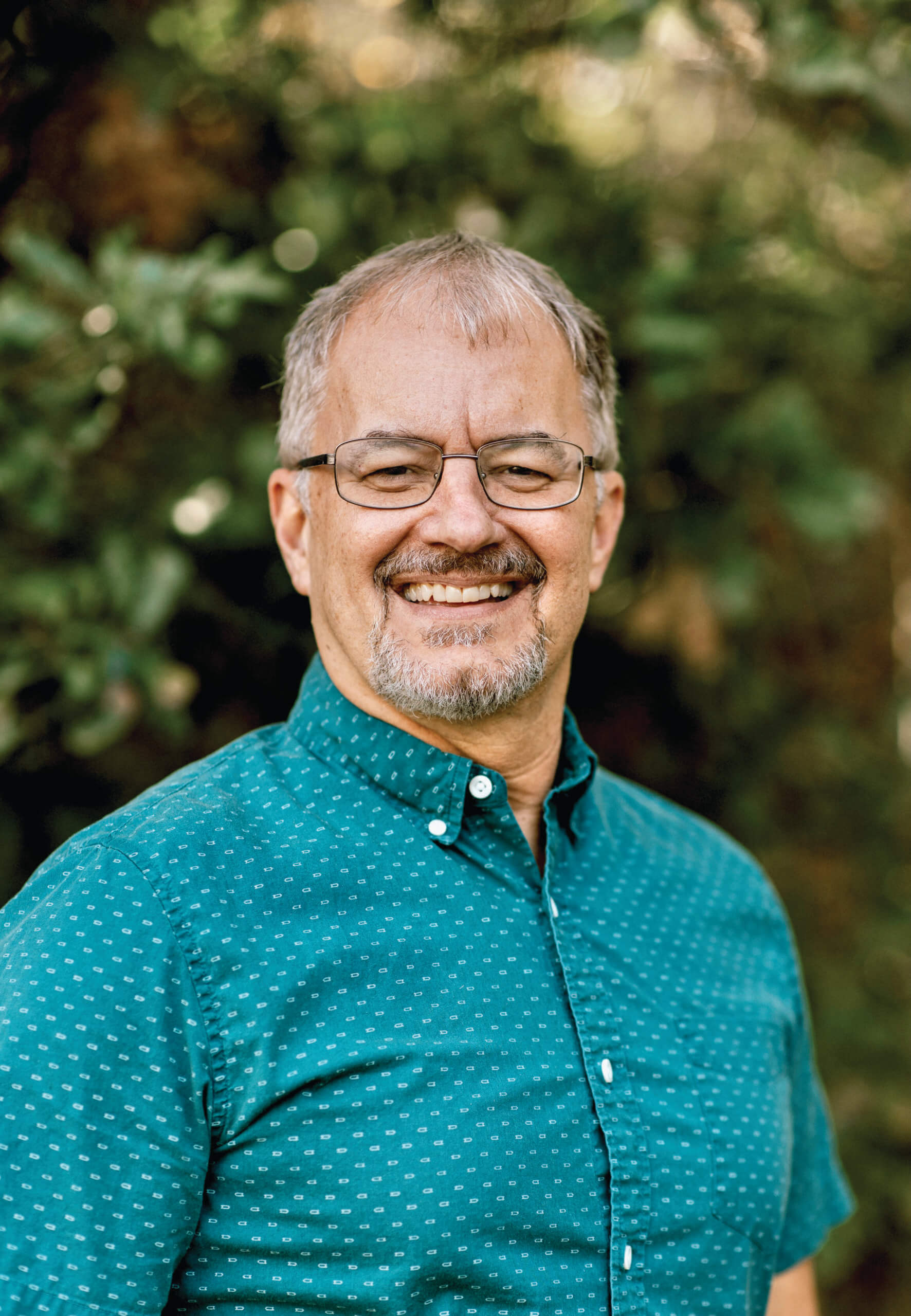Church hurt is real. I have friends who’ve been in counseling for years because they were spiritually abused by pastors. I also know pastors who were treated horribly by deacons, elders or church members. I know a pastor’s wife who battles clinical depression because of the way her husband was mistreated by their former church. But I also know a woman who was so hurt by a pastor that she left the faith.
[responsivevoice_button voice=”US English Male” buttontext=”Listen to this Feature” buttoncolor:”blue”]
Church hurt happens in all kinds of denominations and church networks. Baptists hurt each other, and so do Pentecostals; Calvinists can be cruel to each other, and so can charismatics. No flavor of church has a corner on cruelty. Regardless of our doctrinal preferences, we are all capable of wounding each other in the name of the Lord.
The devil is certainly the ultimate hater, and he loves it when Christians hurt each other. But let’s not blame Satan for all the church hurt out there. The devil could go on a long vacation, and Christians would gladly do his work for him—because our sinful human nature is the root of betrayal, gossip, accusation, character assassination, angry outbursts, control, manipulation, domination and every other form of abuse.
Why is church hurt so destructive? Because it leads to bitterness, resentment and offense. If our enemy can convince us to be offended, he knows our souls will ultimately be poisoned with hate—and that we will spread that poison to others. The author of Hebrews warned us: “See to it that no one comes short of the grace of God; that no root of bitterness springing up causes trouble, and by it many be defiled,” (Heb. 12:15).
There are 1,001 ways Christians can offend you at church. But your job is not to count the offenses; you must forgive every time. We are called to love each other “fervently,” (1 Peter 1:22), and fervent love requires forgiveness. Yet we have become the generation of outrage; we are experts at being offended, and our loveless attitude squelches what God wants us to demonstrate.
Most Christians overlook the last chapter of Romans because it’s basically a long list of ancient names that are difficult to pronounce. Paul refers to many of these people affectionately as “my beloved,” “my kinsman” or “a choice man.” They were not casual acquaintances. Paul carried these people in his heart. He had been in prison with some of them. He missed them so much that he wept when he thought of them.
And after mentioning these people, Paul reminds everyone to “greet one another with a holy kiss,” (16:16). Paul’s love for people wasn’t just affectionate in a verbal sense. It was downright slobbery.
Paul began the book of Romans by telling his friends: “I long to see you…” (1:11a). Toward the end of the letter he says he looks forward to visiting them so that he can “find refreshing rest in your company,” (15:32, NASB 1995). This miracle-working apostle reveals another side of himself; he’s gushy, mushy and huggable. He’s the quintessential people person.
This fervent love Paul showed his friends in Romans 16 is the essence of biblical Christianity. But this passionate love wasn’t limited to the Romans. He told the Philippians: “I long for you with all the affection of Christ Jesus,” (Phil. 1:8). And Paul wrote to the Thessalonians: “Having so fond an affection for you, we were well-pleased to impart to you … our own lives,” (1 Thess. 2:8).
Was there church hurt in the days of the early church? Of course! People are people. We are all deeply flawed and capable of abusing each other.
There’s plenty of evidence that some Christians dishonored Paul, mistrusted him and even slandered him. But Paul’s response was to love, forgive and hold fast to his faith. He didn’t allow church hurt to infect his heart.
If you want to be spiritually mature, you must love people no matter how they have hurt you. Canceling the church isn’t an option. Closing your heart and living in isolation is immature and selfish. If your love has grown cold, forgive the people who hurt you.
Ask God to remove the offense—and take the risk to love His people again.
J. Lee Grady was editor of Charisma for 11 years and now serves as senior contributing editor. He directs the Mordecai Project, an international ministry that protects women and girls from gender-based violence. His latest books are Follow Me and Let’s Go Deeper (Charisma House).












































